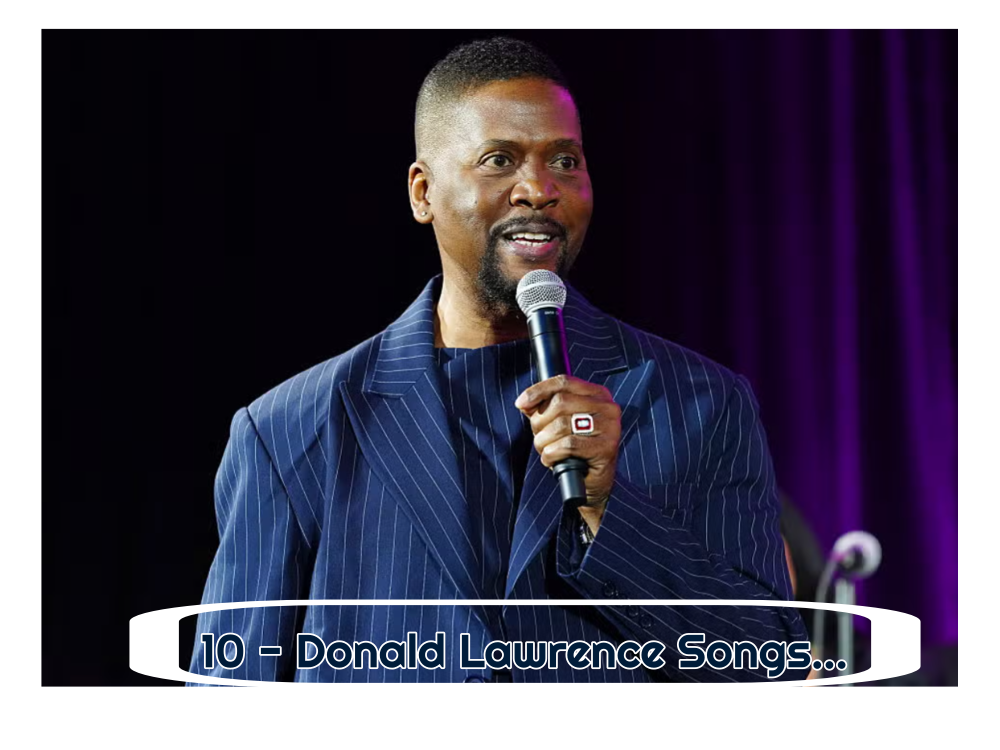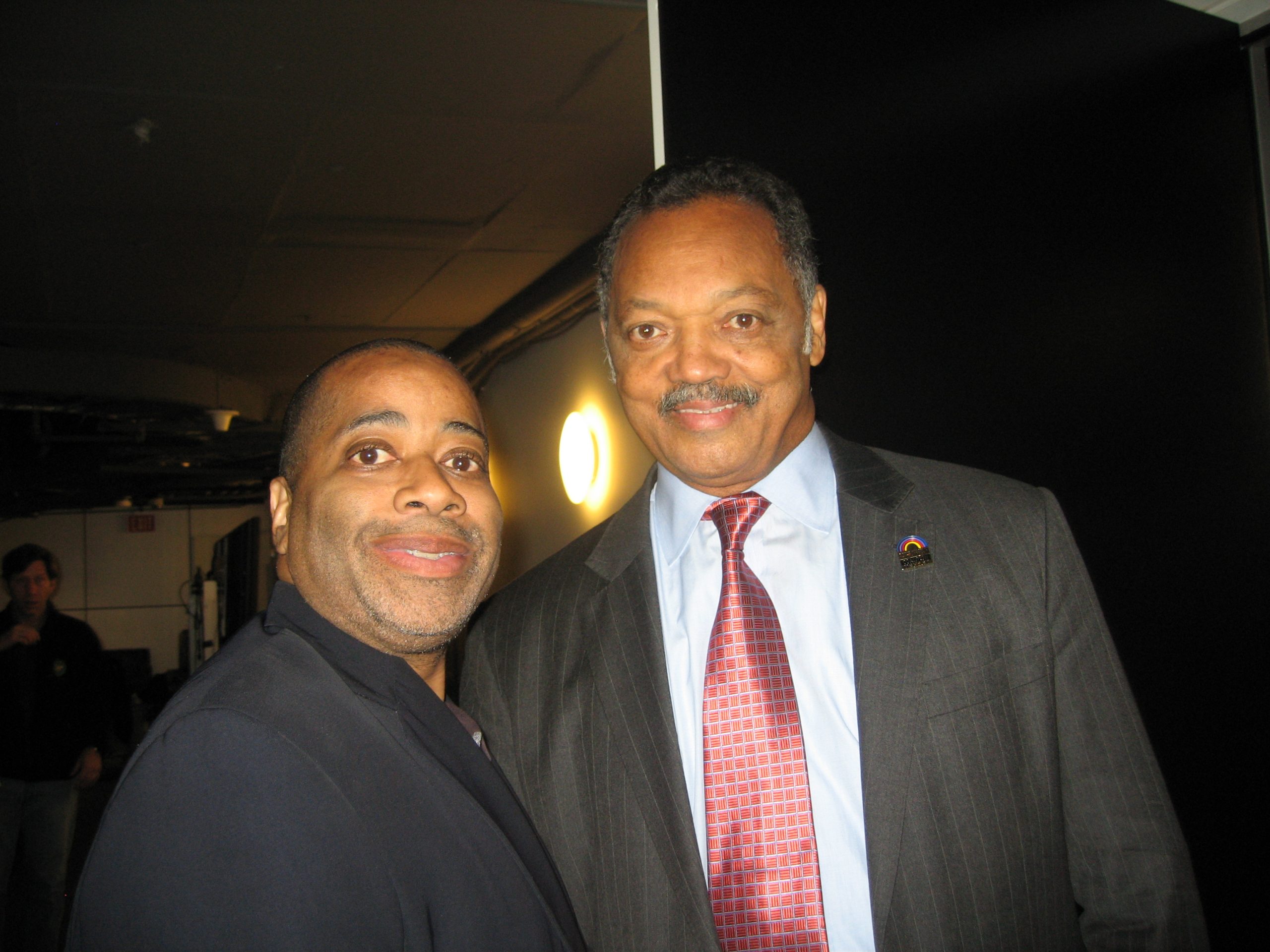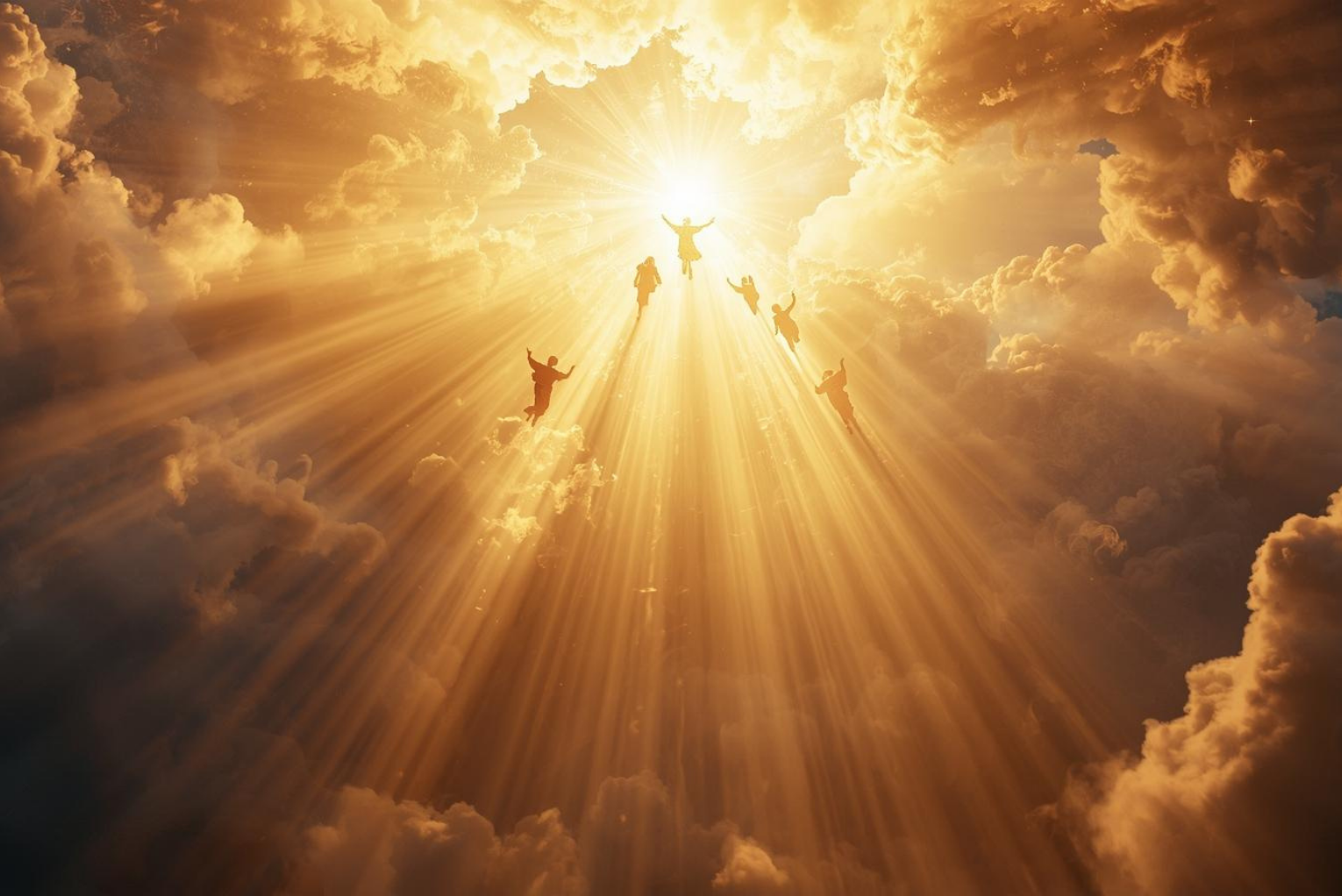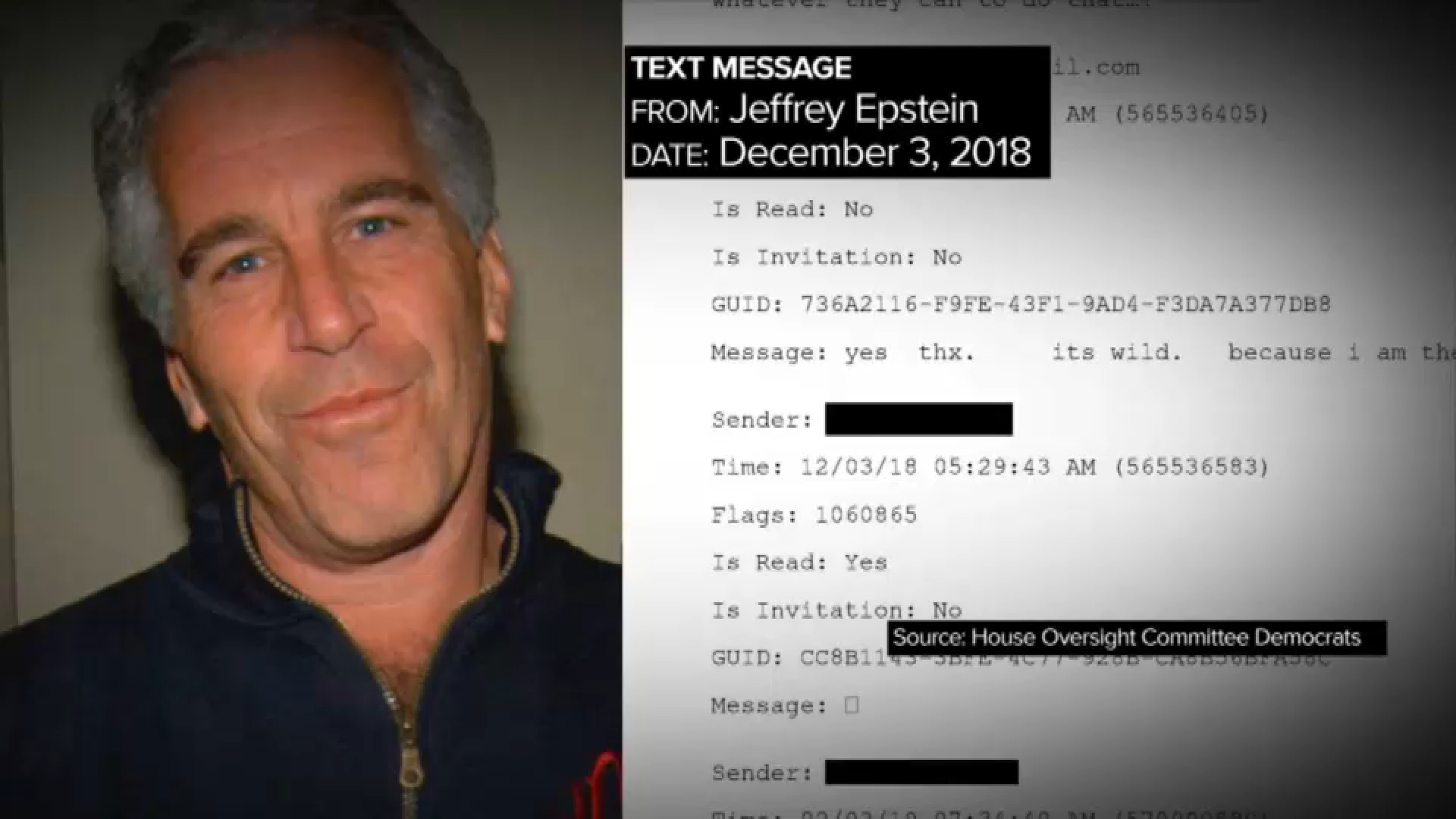(ThyBlackMan.com) If you’ve ever needed a song to speak directly to your situation—like, really speak to your spirit and help you straighten your crown—then you’ve probably found your way to a Donald Lawrence track. His music doesn’t just fill the room; it fills the soul. Whether you’re knee-deep in a storm, celebrating a breakthrough, or somewhere in between, Lawrence has a way of blending sound, scripture, and soul into something that sticks with you long after the last note.
He’s not just a choir director or producer—he’s a modern-day psalmist. From his early days with the Tri-City Singers to his solo projects, Donald Lawrence has been giving us music that teaches, uplifts, and heals. These 10 songs I’ve picked out aren’t just hits—they’re spiritual mile markers. They’ve helped believers walk out of fear, stand in their purpose, and sing their way into new seasons.
So whether you’re just discovering him or revisiting your gospel favorites, let this be a playlist that revives your spirit and reminds you just how powerful faith-filled music can be.

1. “Back II Eden”
“Back II Eden” isn’t just a feel-good gospel track—it’s a revolutionary musical sermon about reclaiming divine inheritance. In a genre often focused on emotional breakthroughs, this song dares to challenge believers to think differently. It asks: What if salvation isn’t just escape from sin, but restoration to God’s original design for human life?
Lawrence uses “Eden” not as a metaphor for innocence, but as a code for purpose, wellness, and dominion. The lyrics highlight wholeness—mental, physical, financial, and spiritual—as the birthright of those in Christ. The brilliance lies in the song’s simplicity: a chant that becomes an anthem, and an anthem that becomes a personal declaration.
The instrumental is a masterclass in groove-led gospel. From the syncopated handclaps to the horn riffs that echo classic funk, it bridges the gap between spiritual message and body-moving rhythm. Lawrence is no stranger to genre fusion, and here he borrows from urban jazz, R&B, and pop to ensure the message lands across generations.
“Back II Eden” has found a home in countless church dance ministries, fitness playlists, and even motivational seminars. That’s because it speaks to a truth larger than Sunday morning—it’s about shifting how you see yourself every day of the week. It’s gospel, yes—but also mindset coaching set to a holy rhythm.
2. “Encourage Yourself”
“Encourage Yourself” operates in the sacred space between gospel and counseling session. It’s a soul-nourishing song that pulls listeners out of isolation and points them inward—to the divine spark within. The message is simple but revolutionary: when no one is there to lift you up, you still have the power to speak over yourself.
The song’s structure is emotionally intelligent. The soloist begins in a low register, almost as if whispering to their own spirit, then climbs in volume and confidence with each chorus. This mimics how self-encouragement often works: it starts with a whisper before growing into a roar. Lawrence’s songwriting here isn’t flashy—it’s pastoral and deeply human.
The orchestration is cinematic. Strings create a bed of sorrow, while the choir’s harmonies act as invisible hands lifting you higher. It doesn’t manipulate emotion—it respects the weight of grief, disappointment, and weariness. And yet, it never lets you sit too long in sorrow. The shift from minor to major chords signals the emotional ascent toward spiritual hope.
Even now, this song remains a staple in moments of quiet crisis. Whether you’ve lost a loved one, faced betrayal, or simply feel unseen, “Encourage Yourself” gently reminds you of your own agency. It’s the gospel equivalent of looking in the mirror and choosing to fight another day.
3. “The Gift”
“The Gift” is one of Donald Lawrence’s most radiant declarations of purpose and identity. It’s a spiritually charged reminder that no one is here by accident. Wrapped in layered harmonies and affirming lyrics, the song preaches a truth that’s equal parts empowering and sobering: God has deposited something sacred in you—and it’s your responsibility to nurture it.
Right from the opening line, “God gave me a gift and I’m gonna use it,” Lawrence sets the tone. The statement feels less like a boast and more like a commitment—an understanding that gifting comes with divine accountability. It’s a call to stop minimizing your purpose and to lean into your anointing without apology. That message resonates across seasons: for the college graduate wondering what’s next, for the weary creative doubting their voice, or for anyone who’s felt buried under the weight of self-doubt.
The arrangement carries a polished elegance, with gospel orchestration that manages to be both buoyant and grounded. The use of dynamic choir swells creates the effect of a spiritual pep rally, while the instrumental shifts gently drive the listener forward. There’s a balance between inspiration and introspection—between the external affirmation of “you’ve got this” and the internal question of “why aren’t you using it?”
“The Gift” isn’t just relevant—it’s urgent. In a time when comparison culture can silence originality, and burnout threatens calling, this song gives permission to breathe, reset, and remember. It doesn’t celebrate performance; it celebrates obedience to purpose. It tells you that what you carry is needed. That your voice matters. That heaven is waiting on your yes.
Even today, “The Gift” works anywhere life meets transition. It’s perfect for ordinations, commencements, new business ventures, or quiet mornings of self-reflection. It functions like a spiritual mirror—reminding you who you are and whose you are. And in that reflection, it whispers something powerful: Don’t bury your gift. Build with it.
4. “Giants”
“Giants” is not merely a song—it’s a battlefield chant. In a world full of spiritual and societal Goliaths, Lawrence gives believers a rhythmic sword. This track is gospel with teeth. It doesn’t soothe—it strengthens. And that’s what makes it unforgettable.
Lyrically, “Giants” fuses ancient biblical narrative with present-day struggle. The central refrain—“Giants do die, the bigger they are, the harder they fall”—isn’t just metaphor; it’s a strategy. Lawrence is urging listeners to confront rather than cower, to remember that spiritual inheritance includes victory, not victimhood.
Musically, the song is cinematic. From the tribal percussion to the syncopated claps and driving bassline, everything about this track is built for action. It feels like a gospel rally, complete with marching orders. The choir functions not as backup but as co-warriors, echoing every declaration with military precision.
Even now, “Giants” is used in personal rituals of empowerment. Students play it before exams, parents blast it in the car before hard conversations, and faith leaders use it to start conferences and workshops. It reminds you that courage isn’t the absence of fear—it’s faith in action.
This is not a song for the faint of heart. It’s for the believer who’s ready to wage spiritual war—and win.
5. “Deliver Me (This Is My Exodus)” feat. Le’Andria Johnson
“Deliver Me (This Is My Exodus)” is not just a standout track—it’s a spiritual breaking point set to music. It’s what happens when confession, trauma, and divine intervention meet in one soul-shaking anthem. Donald Lawrence, already a master at blending emotional honesty with biblical truth, gave this song its bones. But it’s Le’Andria Johnson who gives it its soul.
The lyrics are direct and raw: “This is my Exodus.” They signal not only a physical or circumstantial departure but a spiritual reckoning—leaving behind toxic patterns, past failures, and internalized shame. What’s revolutionary about this song is that it doesn’t center a villain or a specific oppressor. The enemy here is self—the version of us that sabotages healing, clings to dysfunction, or refuses grace.
Musically, the track is understated yet emotionally rich. The solo piano intro feels like a prayer in progress. When Johnson sings, her delivery splits the room wide open—she doesn’t just sing from the diaphragm, she sings from the scars. The slow build of the choir behind her mirrors the rising realization that freedom is not just possible—it’s necessary.
This song has become a balm for the broken-hearted, a recurring selection at deliverance services, therapy sessions, and intimate worship settings. Its message cuts across denominational lines and theological differences. “Deliver Me” is the sound of chains breaking—in church pews, in living rooms, and within souls.
6. “Spiritual”
“Spiritual” is a bold declaration from Donald Lawrence that gospel music can—and should—transcend religious ritual and enter the realm of divine intimacy. It’s the kind of track that invites contemplation, not just celebration. With a fusion of jazz elements and poetic lyricism, it breaks away from traditional gospel templates to address a more universal quest for inner transformation.
The lyrics alone challenge conventional thinking: “I’m spiritual, not just religious.” That line reframes the entire gospel conversation, suggesting that the walk of faith isn’t merely about rules or routine—it’s about awakening. Lawrence pushes listeners to embrace God from the inside out, not just through outward expression or affiliation.
Musically, the arrangement is lush and meditative. It opens with ambient chords and jazzy textures that create a sense of sacred space. The vocals are smooth and restrained, underscoring the maturity and nuance of the message. There’s no shouting here—only subtle, soul-deep singing that asks you to pause and feel.
In a time when more people are stepping away from organized religion but not from spirituality itself, “Spiritual” resonates with seekers and skeptics alike. It’s a soundtrack for reflection, spiritual journaling, or even moonlit walks where you’re wrestling with life’s biggest questions. Lawrence doesn’t just give you a song—he gives you a mirror.
7. “Healed”
“Healed” is Donald Lawrence’s definitive testimony track—a song that tells you God still moves in the realm of miracles, but not just the kind that show up on X-rays or test results. This is a healing song for the whole person: heart, body, mind, and soul.
The lyrics begin in testimonial form: “I got a story to tell you… I was healed.” But as the song progresses, it becomes clear that this story is communal. The choir becomes a witness stand, affirming that healing is not rare or unattainable—it’s promised. The strength of the song lies in its ability to hold both pain and praise in the same breath.
The music builds in layers, just like a healing process. It starts tender, almost conversational, then grows into a powerful wave of vocal affirmation. The choir doesn’t just sing—they agree with the miracle. Their voices function like hands laid on the listener, declaring wellness over every ache and wound.
“Healed” is still a go-to track for recovery services, healing prayer gatherings, and personal devotional time. And in a post-pandemic world where physical health and mental wellness are more intertwined than ever, this song feels especially urgent. It doesn’t promise avoidance of pain—it offers restoration from it.
8. “I Am God” feat. The Tri-City Singers
“I Am God” feels less like a song and more like a divine interruption—a holy hush delivered through sound. It commands attention not through volume but through authority. Donald Lawrence, ever the dramatist of sacred truth, constructs this piece like a modern oratorio. Every measure is deliberate, every word weighty.
The song opens with haunting simplicity: “I am the first, I am the last.” These words echo through time, grounding the listener in the eternal nature of God. The soprano lead becomes a vessel for divine speech, and the orchestra swells not for drama, but for reverence. It’s not about showcasing musicality—it’s about ushering in the presence of the Almighty.
The choir acts as a divine chorus, echoing and reinforcing God’s eternal characteristics. Their layered harmonies build like a cathedral, each section stacking on the last until the entire arrangement envelops the listener in sacred sound. There’s no pleading here—only proclamation. God’s identity is not up for debate, and the music makes that clear.
“I Am God” still holds space in worship services that prioritize reflection over emotional spectacle. It’s the kind of song that shifts a room’s atmosphere. It reminds the listener that even when everything changes—politics, culture, identity—God does not. In the face of uncertainty, “I Am God” reestablishes what’s unmovable.
9. “Let the Word Do the Work”
“Let the Word Do the Work” is Donald Lawrence at his most didactic—and that’s not a critique, it’s a strength. This track isn’t just a gospel song; it’s a biblical principle set to rhythm. It preaches with melody, instructs through harmony, and teaches without ever sounding like a lecture. At its core, it’s a reminder that the power of God’s Word is not theoretical—it’s active, living, and fully capable of transforming lives when given room to operate.
Lyrically, the song simplifies a weighty theological truth: believers don’t have to force every breakthrough. Instead, we are encouraged to declare the promises of scripture and trust that those words, like seeds, will bear fruit in due time. “Speak the Word and not your situation,” the lyrics warn—a gentle rebuke against emotional impulse and faithless speech. Lawrence turns this into a spiritual discipline wrapped in a groove.
Musically, the track leans into R&B-funk territory, with tight snares, syncopated keys, and a steady bassline that gives it dance-floor accessibility. The choir serves more like a rhythmic chant group than a traditional backdrop, echoing the main phrase—“Let the Word do the work”—until it becomes internalized. By the third chorus, it’s not just a hook; it’s a spiritual affirmation.
Even now, this song serves as a powerful soundtrack for those wrestling with control, overthinking, or burnout. It’s especially resonant in the age of hustle culture, where people feel pressured to manufacture success and healing through constant effort. “Let the Word Do the Work” interrupts that mindset with sacred logic: you don’t have to fix everything—just declare what’s written, and watch what happens.
10. “Matthew 28”
“Matthew 28” is a firestarter of a gospel track—equal parts scripture lesson and praise break. It’s Donald Lawrence in full educator mode, yet it never feels heavy-handed. Based directly on the Great Commission, this song turns Jesus’ final earthly instructions into a foot-stomping, hand-clapping call to action. You don’t just listen to “Matthew 28”—you respond to it.
The song opens with authority: “Go ye therefore and teach all nations.” Those familiar words are given new life through the energy of the choir and the call-and-response format that makes it irresistible in a live setting. By using this structure, Lawrence makes scripture memorable—not as a passive reading, but as an interactive experience. It’s Sunday School in surround sound.
Instrumentation-wise, this track is a masterclass in arrangement. Horns punch like declarations, the bass line grooves without stealing focus, and the drumline is tight enough to fuel both celebration and contemplation. Every musical element serves the text, amplifying its urgency. The song doesn’t just honor the resurrection—it equips you to act on it.
What makes “Matthew 28” timeless is its multi-dimensional purpose. It works for worship services, youth ministry, Easter programs, and even solo morning devotionals. It’s especially powerful for those needing a reminder of their calling. Lawrence doesn’t just want you to praise—he wants you to go.
Two decades later, “Matthew 28” remains a shining example of what happens when theology and rhythm collide. It doesn’t merely echo Christ’s command—it reintroduces it to each new generation with flair, reverence, and undeniable joy.
What I love most about Donald Lawrence’s music is that it never loses its power—it grows with you. You could hear one of these songs in your teens and come back to it years later with a whole new understanding. That’s the mark of something divine. It’s music that teaches and transforms.
These ten songs? They’re more than just melodies and lyrics—they’re reminders. Reminders to speak life. To trust God’s Word. To roar against your giants. To rest in the truth that healing is possible and that the best really is yet to come.
Staff Writer; Jamar Jackson

















Leave a Reply